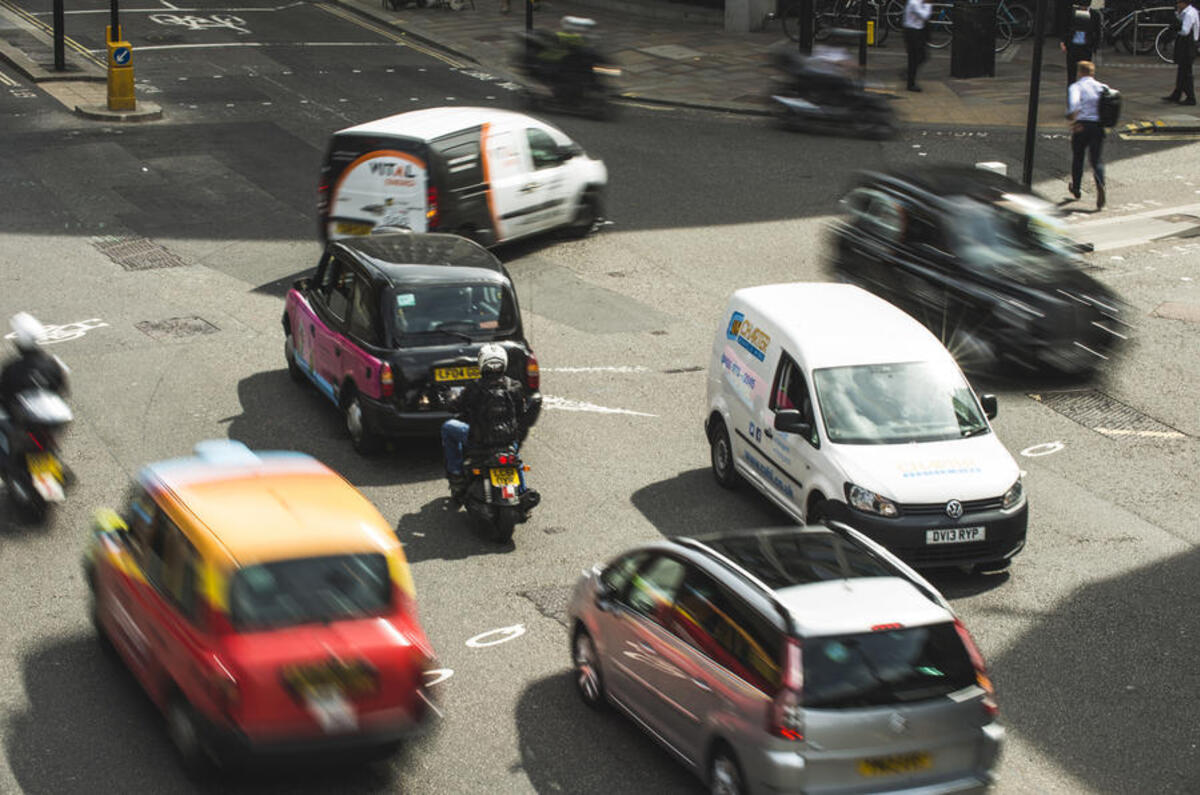Non-hybrid petrol and diesel cars could continue to be sold after the proposed ban in 2040, according to Government minister Richard Harrington, despite news last year that they would be banned as part of the Government's drive for air quality improvements.
The minister for business and industry, said that providing “some brainbox at one of the companies develops a kind of internal combustion engine that has zero-emission tailpipe”, petrol and diesel cars could continue to be sold after 2040.
Harrington, along with the director of energy, technology and innovation at the Department for Transport, Richard Bruce, were addressing the cross-party Business, Energy and Industrial Strategy Committee on the subject of developing the UK car market and its infrastructure for the take-up of electric cars.
The pair said the aim for tailpipe emissions is “effectively zero”, “as close to zero as you can get” and “pretty much zero”, drawing criticism from the committee for their lack of clarity.
Questioned on whether internal combustion-engined cars would be legal to buy post-2040, Bruce replied “potentially”, because the engine technology that will be around in 2040 is not possible to predict and internal combustion engines cannot be completely ruled out. The committee then suggested that the Government, and subsequently the motor industry and the public, aren't sure on what is being banned from sale in 2040.
Minutes earlier, Harrington had contradicted Bruce's comments, saying: “Current petrol and diesel engines are old technology. We’re moving towards new technology which is not petrol or diesel.
“Twenty-two years ago, it would be very hard to have imagined that today’s selection of vehicles which are electric, hybrid, PHEV and more enviro-friendly versions of the original technology are there. It could be that internal combustion tech expands in such a way that a form of PHEV does emissions at the tailpipe complies. We’re not making judgements on technology."
Bruce later suggested that internal combustion engines might live on past the ban as a solution to the high cost of battery electric vehicles in the form of efficient range extenders, rather than providing any drive to the wheels.
During the discussion, the committee accused the Government of having no target, although Bruce and Harrington disagreed.
A variety of viewpoints across the Government have emerged in the ongoing diesel debate, with business secretary Greg Clark’s asserting at the FT Future of the Car Summit earlier this year: “There is a place for diesel. City centres are a flashpoint. Driving diesel a long distance is a different question.”
The Government’s ‘Road to Zero’ White Paper will outline its plan to bring the UK’s road transport emissions down to the "effectively zero" level discussed. The previously announced 2040 ban on all petrol and diesel cars without a hybrid system, and then all cars without an electric-only range of 50 miles, is the culmination of that plan.
Following last year's announcement, it is understood that a more detailed plan will be announced later this month that could include incremental targets for the motor industry ahead of the outright petrol and diesel car ban.




Join the debate
Add your comment
Zero emissions never, zero pollutants maybe
Well you're always going to get CO2 and water burning any fuel. Modest levels of CO2 are not a problem (otherwise we may as well annihilate the population), so it's really a question of whether we can achieve zero pollutants. My understanding is that compressed natural gas engines pretty much do this already - and even twenty years ago, motor manufacturers were claiming that the then new catalyst equipped engines were producing air cleaner than ambient levels in cities.
Talk of banning IC engines is premature when all we need is a healthy balance between low and zero emission vehicles.